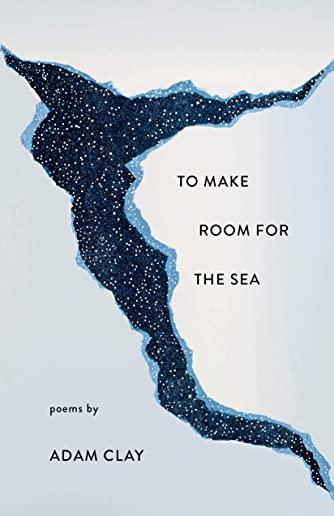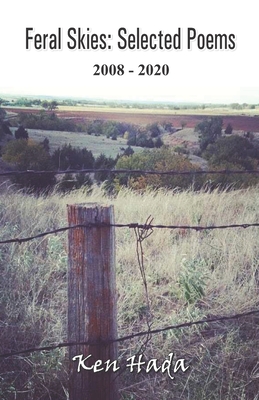
"That's the magic of this book--the way Adam Clay, line after line, enacts the mind on the page." --MAGGIE SMITH
To Make Room for the Sea reckons with the notion that nothing in this world is permanent. Led by an introspective speaker, these poems examine a landscape that resists full focus, and conclude that "it's easier to love what we don't know."
"I hold this leaf I think / you should see, but I can't quite / say why," Adam Clay writes, as he navigates a variety of both personal and ecological fixations: disembodied bullfrog croaks, the growth of his child, a computer's dreaded blue screen of death. The observations in To Make Room for the Sea convey both grief for the Anthropocene and hope for the future. The poems read like field notes from someone who knows the world and hopes to know it differently.
On the precipice of great change and restructured perspective, Clay's poems linger in "the second between taking in a vision and processing it," in the moment when the world is less a familiar system and more a palette of colors and potential.
To Make Room for the Sea delights as much as it mourns. It looks forward as much as it reflects. Deft and hopeful, the poems in this collection gently encourage us to take another look at a world "only some strange god might have thought up / in a drunken stumble."







